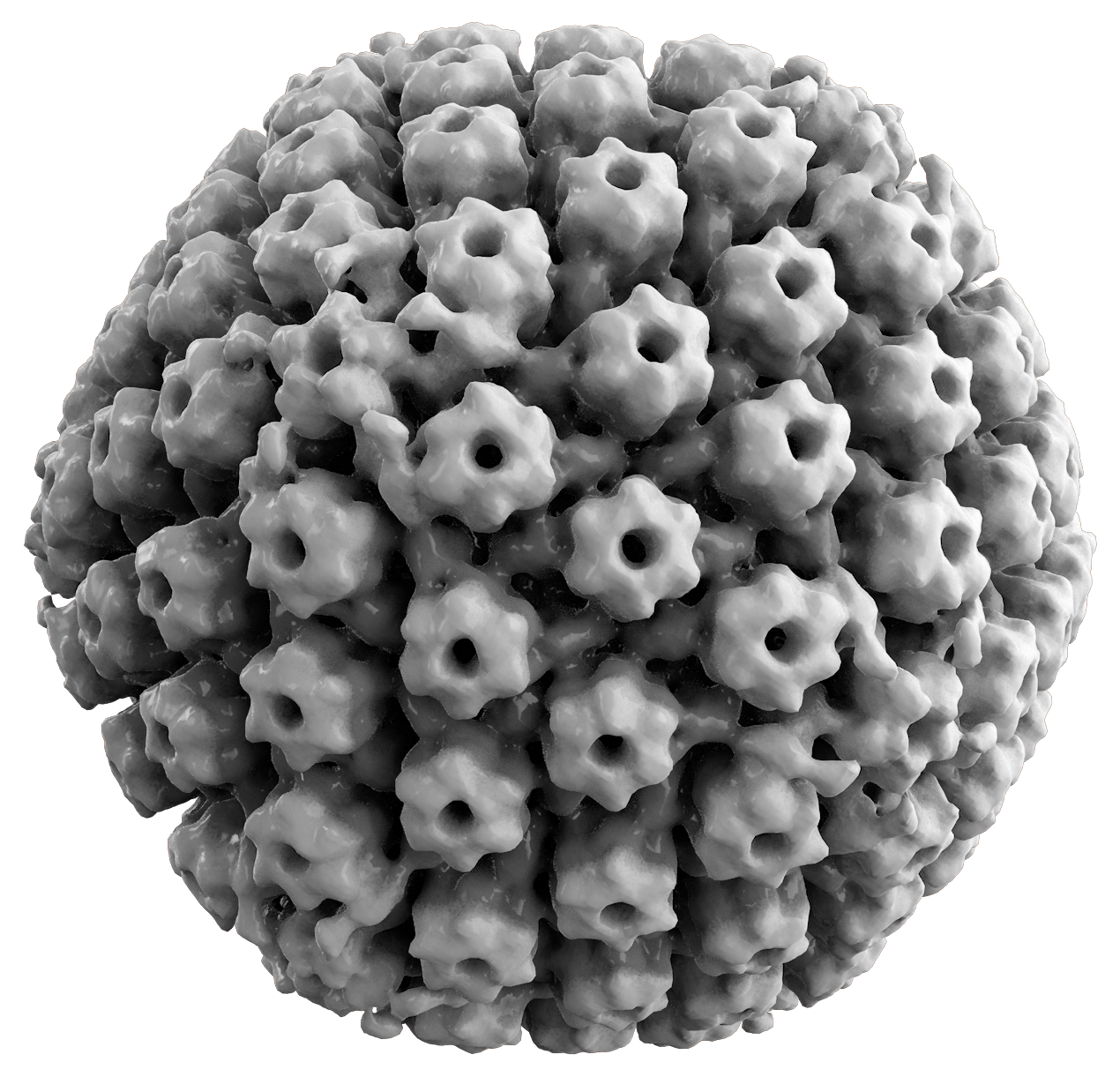If you've ever had shingles, or known anyone that has experienced it, you probably know that chronic pain can persist following the initial attack (post herpetic neuralgia). This is because the herpes virus seems to have an affinity for nerve cells. And while it's not fun to have shingles or post herpetic neuralgia, the herpes virus may be a key in future development of delivery systems for pain management treatments.
Here's the deal--since Herpes simplex has an affinity for nerve cells, researchers are looking a genetically modified, safer version of the virus to deliver genetic material to damaged nerves. In simple terms, once the genetic material reaches these nerve cells, it will hopefully encode these nerves to ultimately inhibit pain signals. Animal studies and clinical trials in cancer patients have been encouraging thus far.
This is one of those developments that makes me believe that there is hope for those in chronic pain. Along with so many other exciting developments, the future is looking bright! You can read about this this research project in more depth by clicking here.
Sources: PainMedicineNews; Wikimedia
 |
| Herpes Simplex Virus |
Here's the deal--since Herpes simplex has an affinity for nerve cells, researchers are looking a genetically modified, safer version of the virus to deliver genetic material to damaged nerves. In simple terms, once the genetic material reaches these nerve cells, it will hopefully encode these nerves to ultimately inhibit pain signals. Animal studies and clinical trials in cancer patients have been encouraging thus far.
This is one of those developments that makes me believe that there is hope for those in chronic pain. Along with so many other exciting developments, the future is looking bright! You can read about this this research project in more depth by clicking here.
Sources: PainMedicineNews; Wikimedia
Comments
Post a Comment